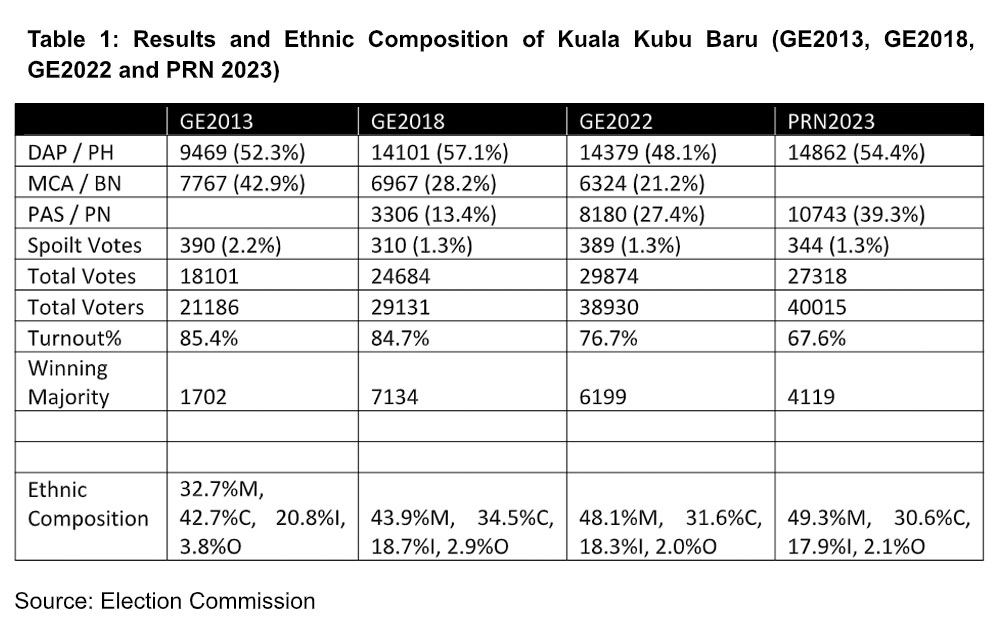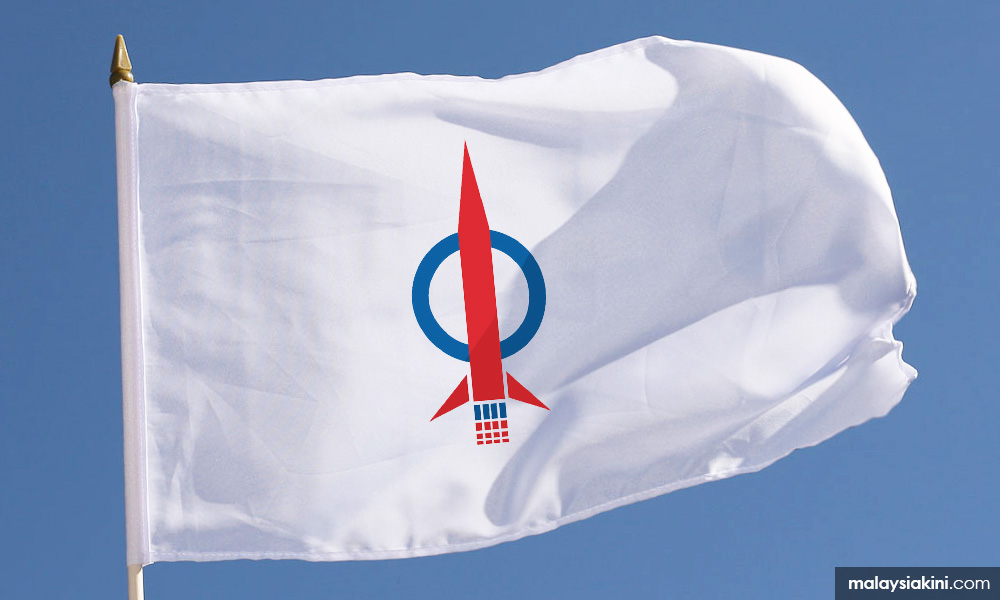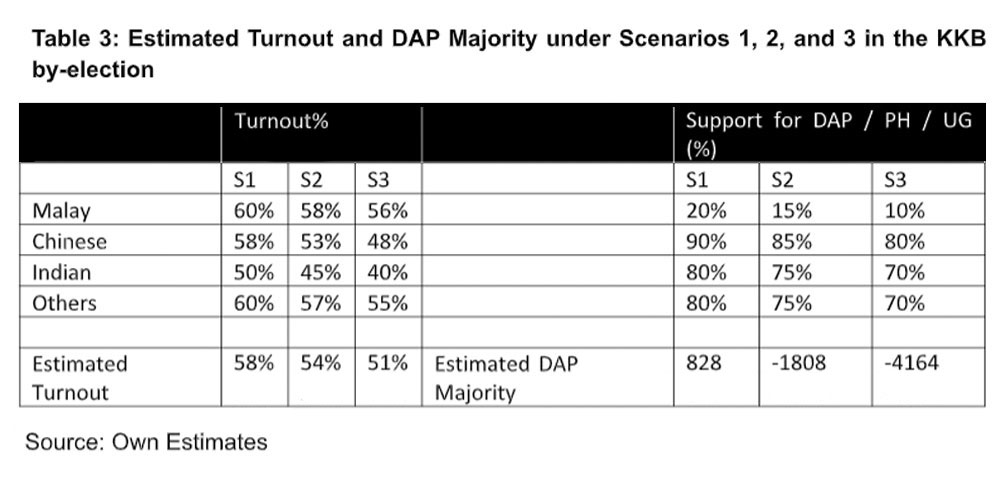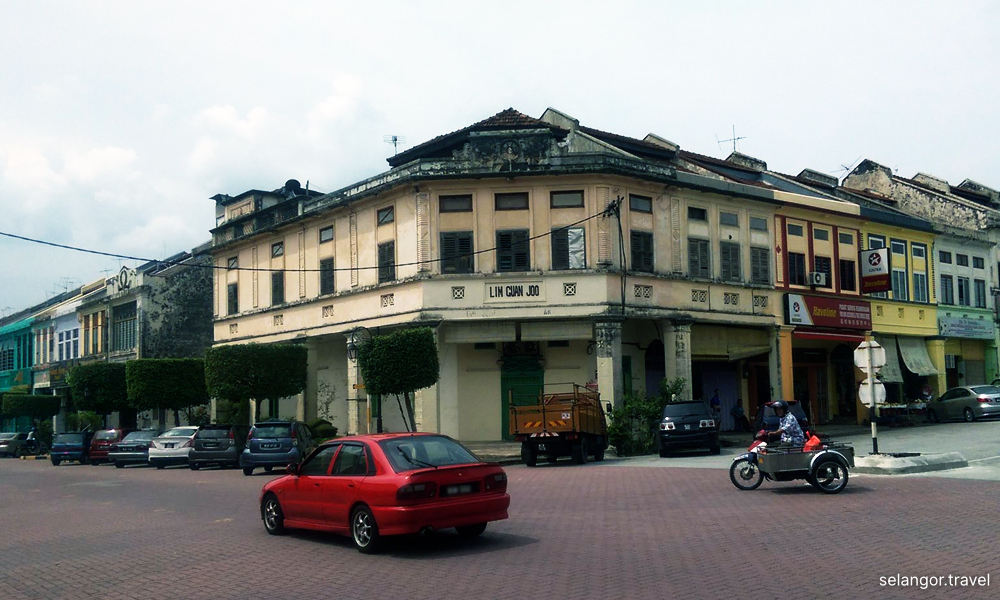The upcoming by-election in Kuala Kubu Baharu, a semi-urban seat located in the Hulu Selangor district, will provide one of the toughest electoral challenges to DAP, Pakatan Harapan coalition and to this coalition government since the state elections of 2023.
The results on May 11 will be very close and if DAP were to retain this seat, it would be very close, by a margin of less than 1,000 votes, compared to the 4,119 winning majority in the 2023 six state elections.
The political environment does not favour Harapan at the moment but with a well-coordinated campaign strategy and messaging, DAP may just pass this test by a small margin.
The Kuala Kubu Baharu state seat was first won by the late Lee Kee Hiong of the DAP in the 2013 general election with 52.3 percent of the vote – with a majority of 1,702 votes.
With the Malay vote swinging in favour of Harapan in the 2018 general election and some of the Malay votes going to PAS, DAP’s vote share increased to 57.1 percent with a majority of 7,134 votes.
In the 2022 general election, using the polling stream or “saluran” results from the parliamentary seat of Hulu Selangor, Harapan’s vote share was reduced to 48.1 percent with PAS- Perikatan Nasional taking 27.4 percent of the vote compared to 21.2 percent for MCA-BN, with a majority of 6,199 votes in favour of Harapan.
In the 2022 general election, the PAS candidate won the parliament seat of Hulu Selangor, which was previously held by PKR-Harapan.
In 2023, without the BN candidate, DAP won 54.4 percent of the popular vote (and a majority of 4,119). The PAS-PN candidate had gained its vote share to 39.3 percent.
From 2013 to 2023, the percentage of Malay voters in this seat has steadily increased from 32.7 percent in 2013 to 43.9 percent in 2018 because of the 2018 delimitation exercise and then to 48.1 percent because of Undi18 and most recently to 49.3 percent in the 2023 state elections.
In terms of ethnic composition, Kuala Kubu Baharu is now a 50 percent Malay and 50 percent non-Malay seat.

There are a number of reasons why DAP may face many challenges in this by-election. It would not be inaccurate to say that many DAP and Harapan supporters have been disappointed by the performance of the government in the slow pace of delivering institutional reforms, in the weak economic narrative (even though foreign direct investments numbers and economic growth continue to be healthy), especially with regard to increases in the cost of living and the cost of doing business.
The public fights between some Harapan and BN leaders, especially in recent weeks over the “Allah” socks issue are unhelpful too.
Perception over DAP
Although I have argued in my podcast that DAP is not in danger of turning into an MCA 2.0 anytime soon, the general sentiment among non-Malay voters seems to be moving towards this direction.
These factors mean that the turnout among non-Malay voters is likely to reduce noticeably in this by-election especially since the results won’t affect the stability of the Selangor state government.
There is also the possibility that some of the campaigns to ask Indian voters to “boycott” this by-election may gain traction. Some non-Malay voters may even cast their votes in favour of a PN candidate as a protest vote against DAP and the unity government, although this number is likely to be small, at least for this by-election.
Table 2 shows my own estimates of the Malay, Chinese and Indian turnout, and support for DAP-Harapan in the 2023 six state elections.
The estimated Malay and Chinese turnouts were similar to the overall turnout at 67 percent and 68 percent, respectively. The Indian turnout was already lower in the 2023 state elections in Kuala Kubu Baharu, at 60 percent.

The estimated Malay support for the DAP-Harapan was 22 percent, meaning that a large proportion of the Malay voters who supported the BN candidate in the 2022 general election shifted their support to the PAS-PN candidate in 2023.
This is consistent with my own analysis of the results in the 47 state seats which the DAP contested in the 2023 state elections - where four out of five Malay voters who voted for the BN in 2022 shifted their votes to PN in 2023.

For this by-election, DAP and its allies will be campaigning on two fronts – to minimise protest votes and the decrease in turnout among non-Malay voters.
Table 3 below shows the estimated turnout and overall support for the government under three scenarios. Scenario 1 is the most optimistic outcome for DAP, where the reduction in turnout among the non-Malay voters is minimised and not significantly different from the Malay turnout and where the overall support does not decrease significantly from 2023.
Scenario 2 is where there are some expected protest votes and a noticeable reduction in turnout, especially among the non-Malay voters. Scenario 3 is where there is a significant decrease in non-Malay turnout and a decrease in support for the DAP among all voters.

Notice that under all scenarios, the level of support among the non-Malays is still significantly above 50 percent. However, because the Malay vote is likely to remain with or swing even more towards the PN, any small drops in the non-Malay turnout and support will have a noticeable effect on the final result.
With an overall turnout of 58 percent; Malay support of 20 percent; Chinese support of 90 percent and Indian support of 80 percent, DAP will be able to win this seat with an estimated majority of less than 1,000 votes.

However, if the turnout of the Chinese voters drops further to just above 50 percent, the turnout of the Indian voters drops to 45 percent and the Malay support drops to just 15 percent - with Chinese support at 85 percent and Indian support at 75 percent (scenario 2), DAP will lose this seat by almost 2,000 votes.
In the worst-case scenario where the turnout of the Chinese and Indian voters drops to below 50 percent and Chinese and Indian support drops to 80 percent and 70 percent respectively, DAP may end up losing this seat with more than 4,000 votes.
The last scenario is not likely but not impossible - depending on the government’s campaign and also on the part of PN. - Mkini
I will discuss the contours of the campaign in Part 2 of this article.
ONG KIAN MING is the former Bangi MP and former deputy international trade and industries minister.
The views expressed here are those of the author/contributor and do not necessarily represent the views of MMKtT.



No comments:
Post a Comment
Note: Only a member of this blog may post a comment.